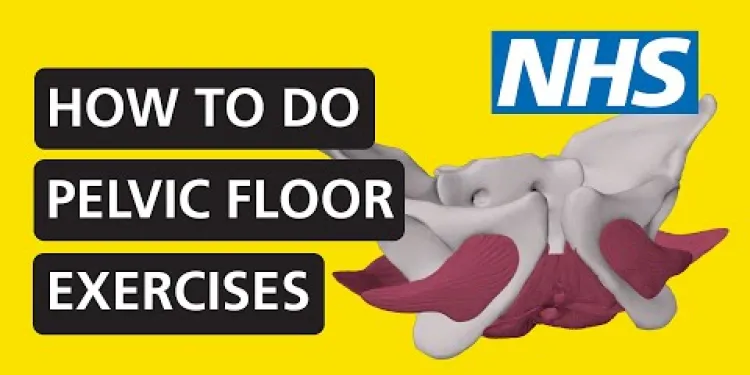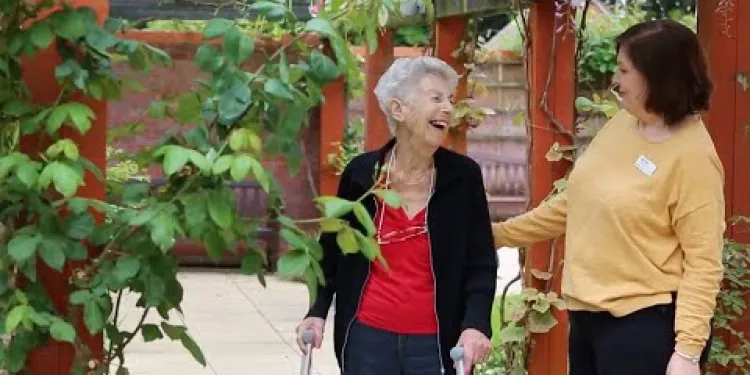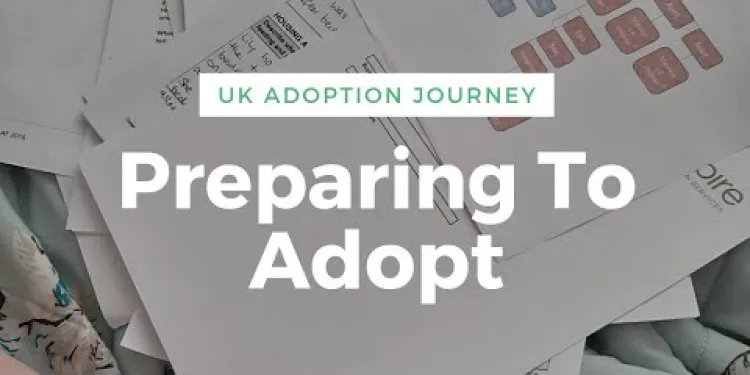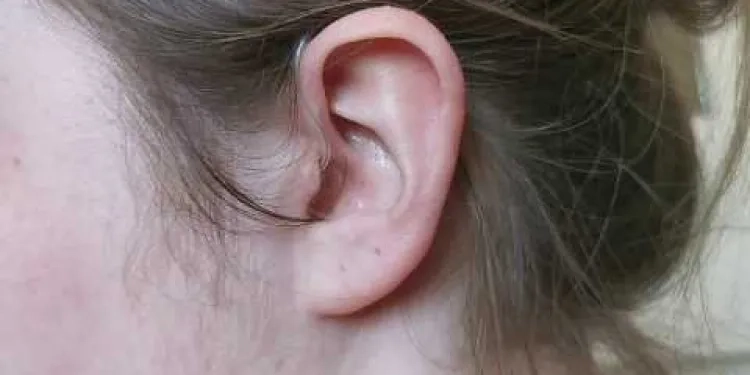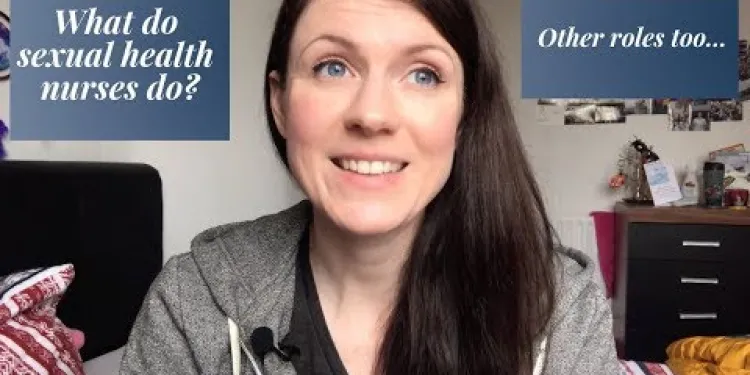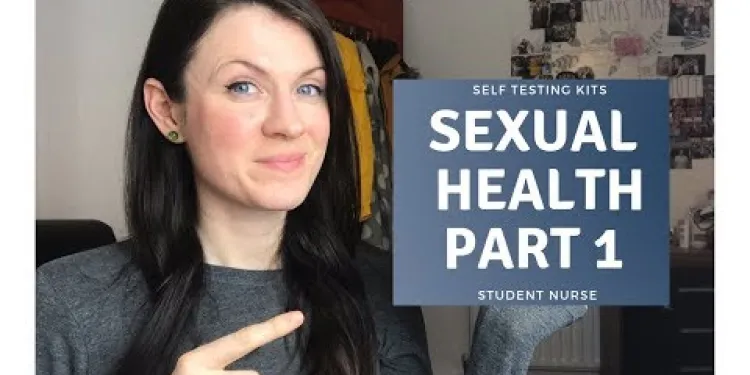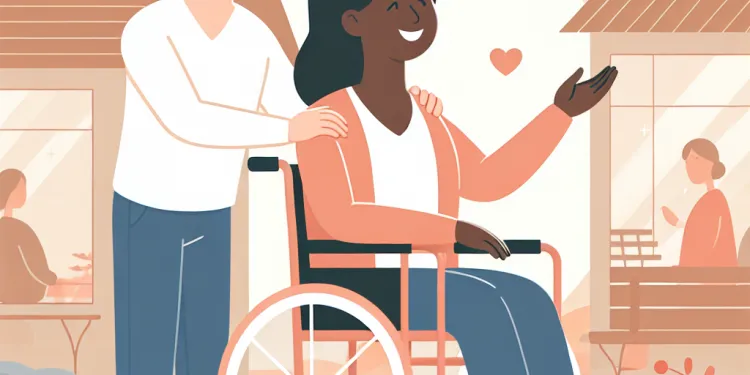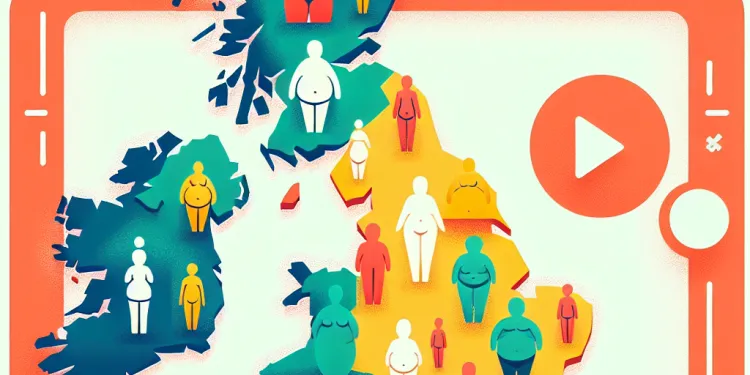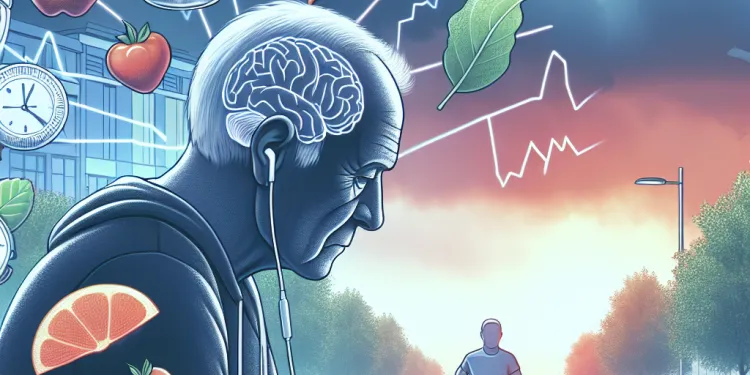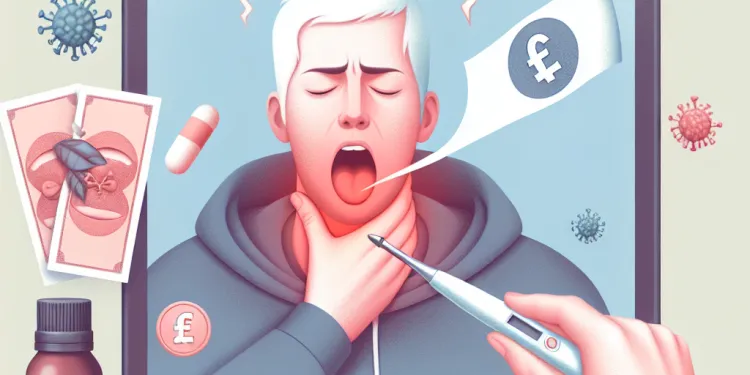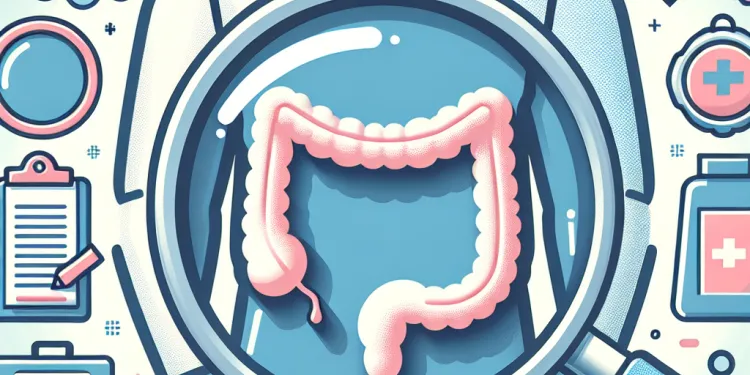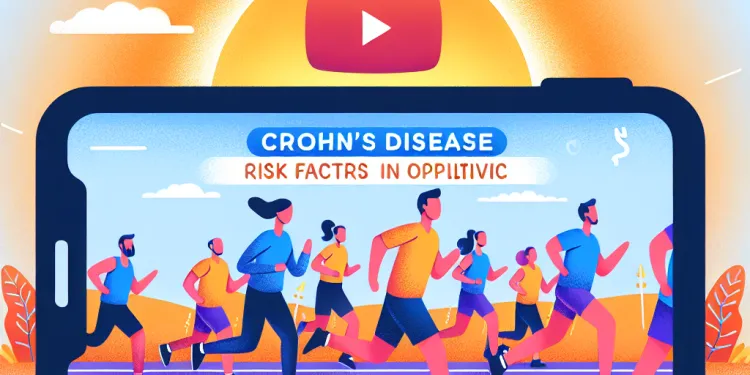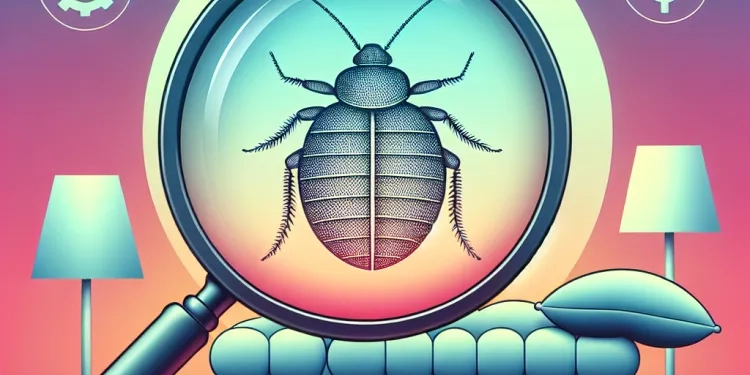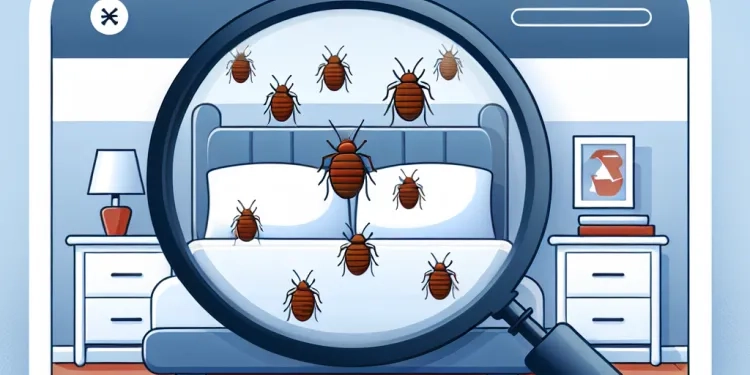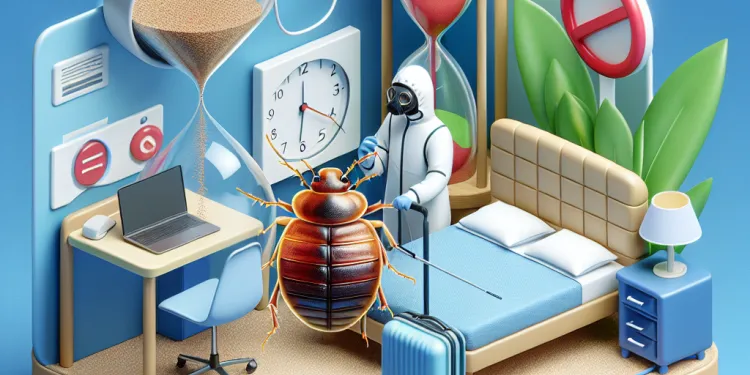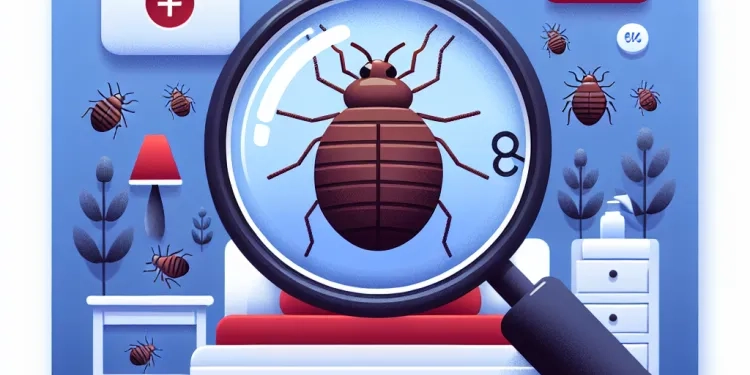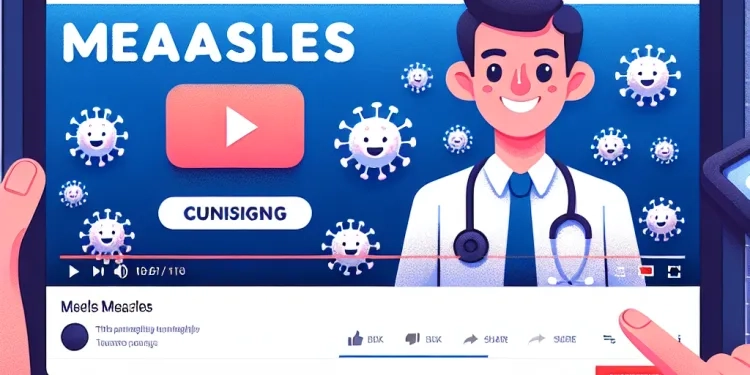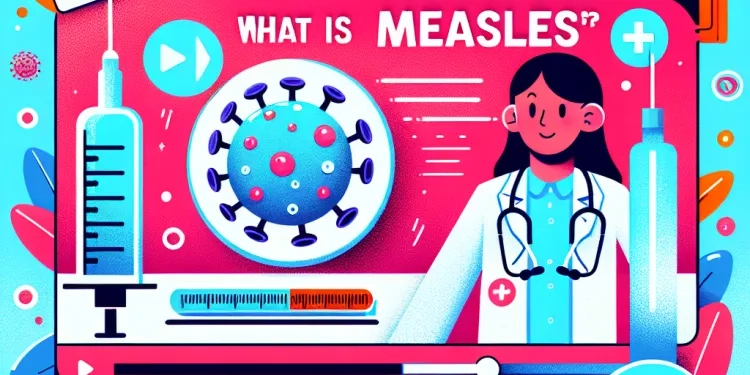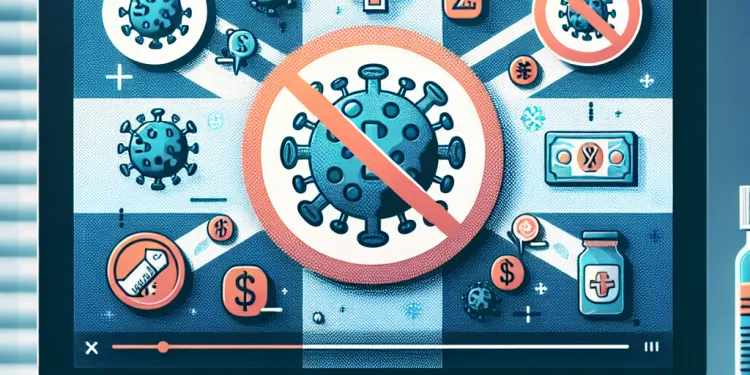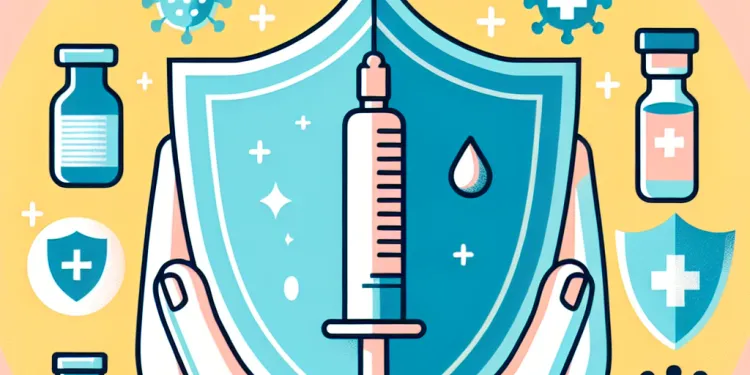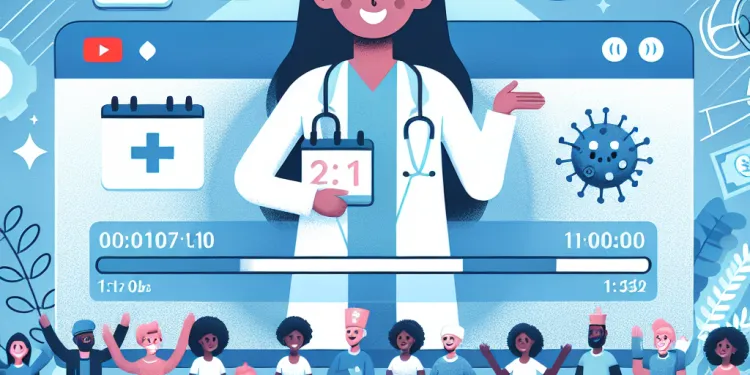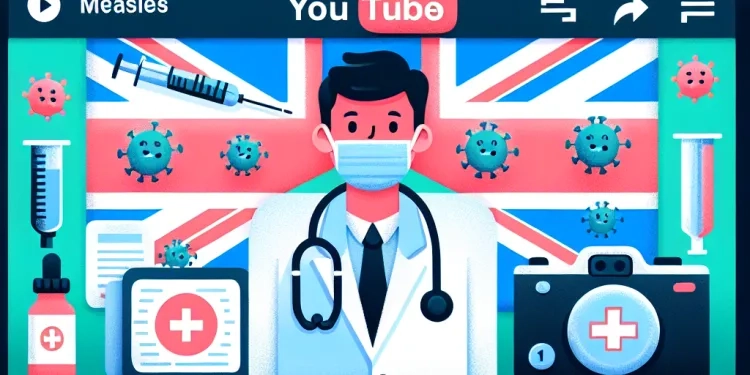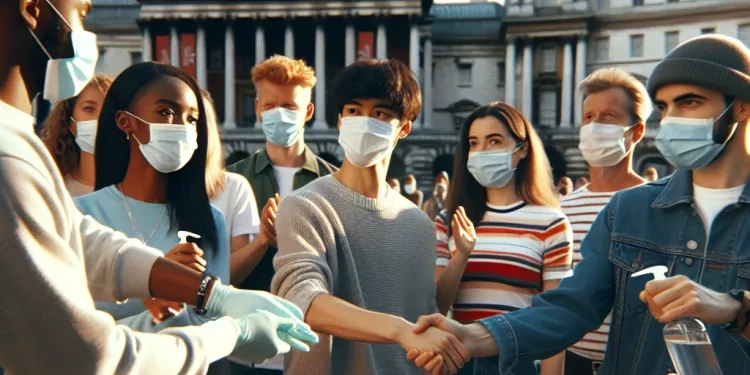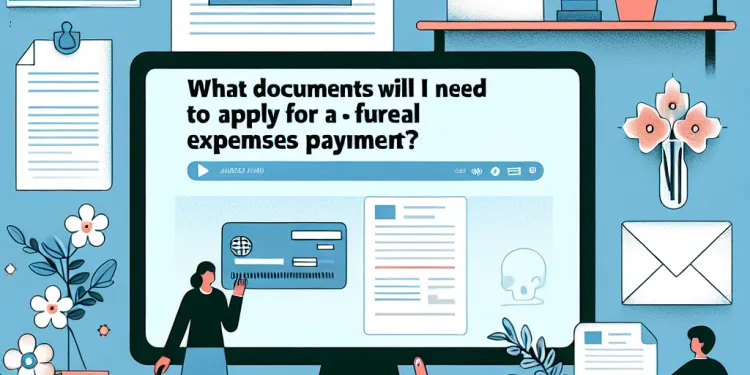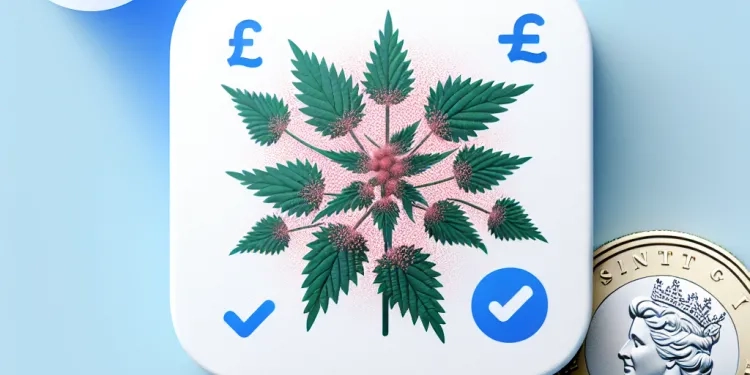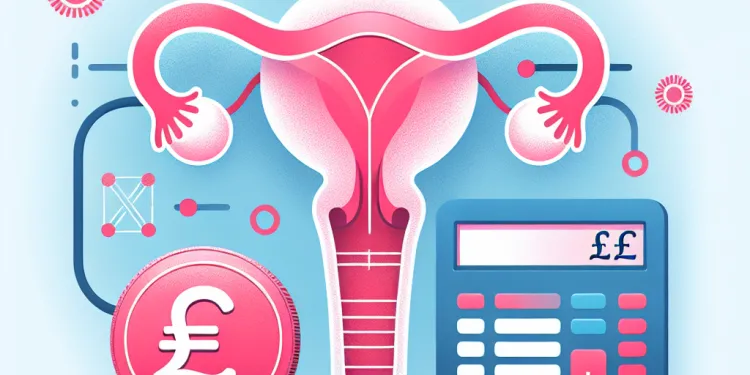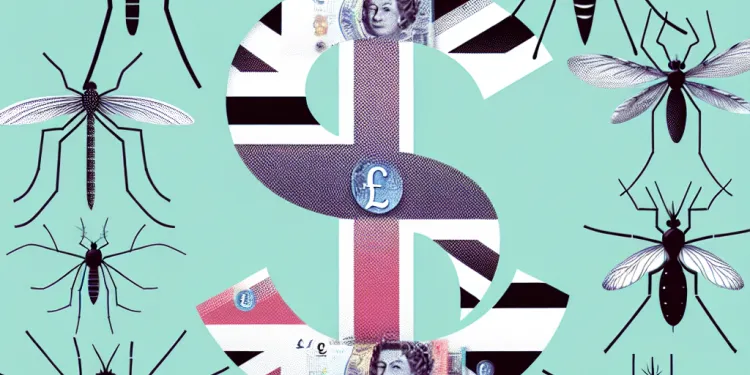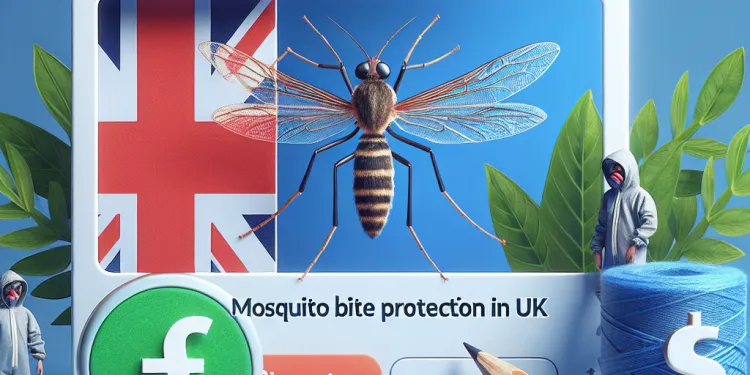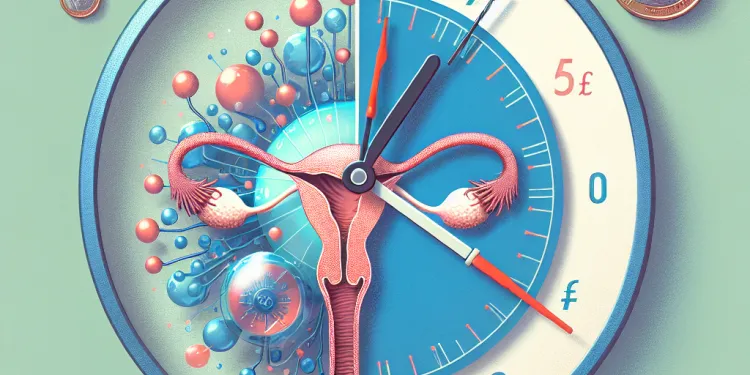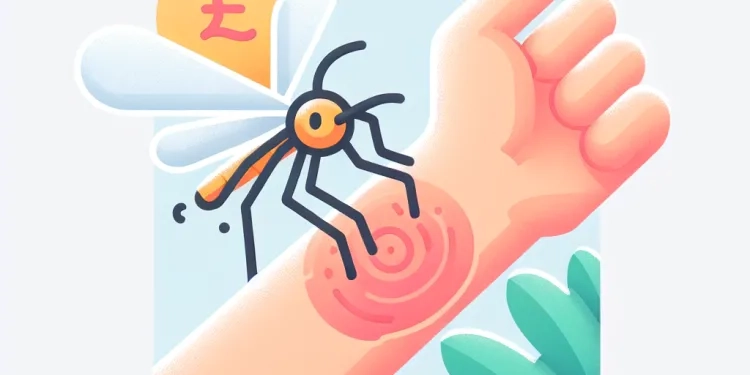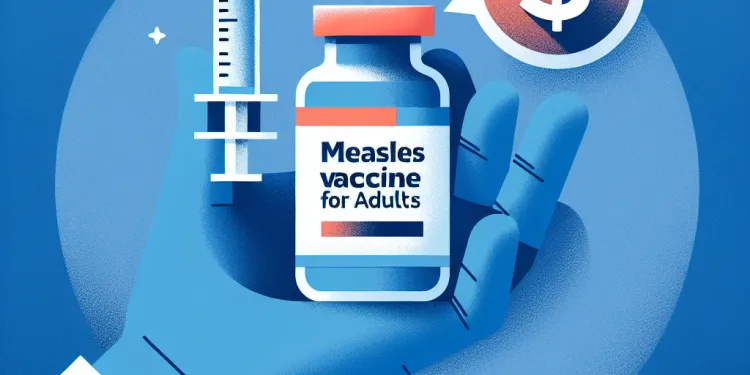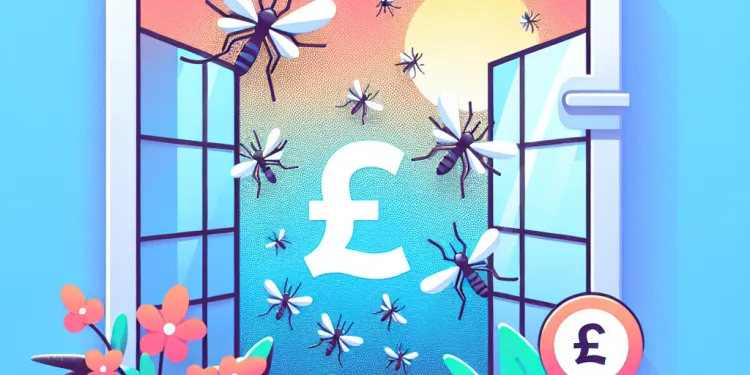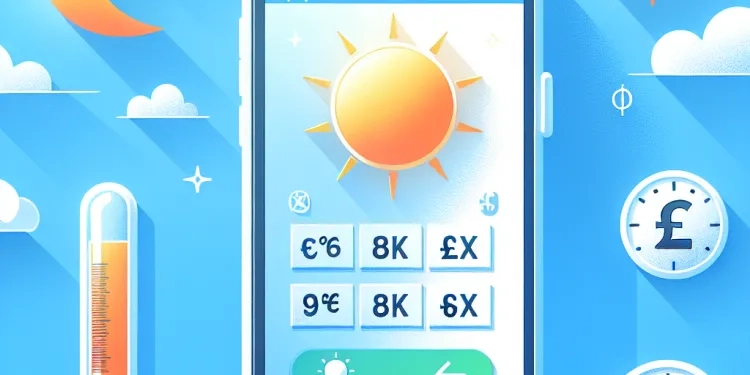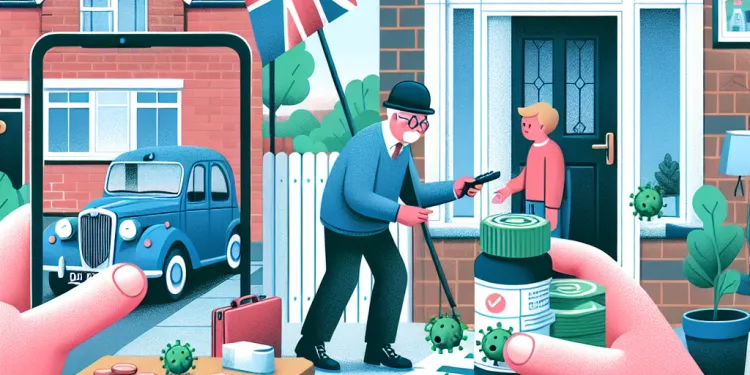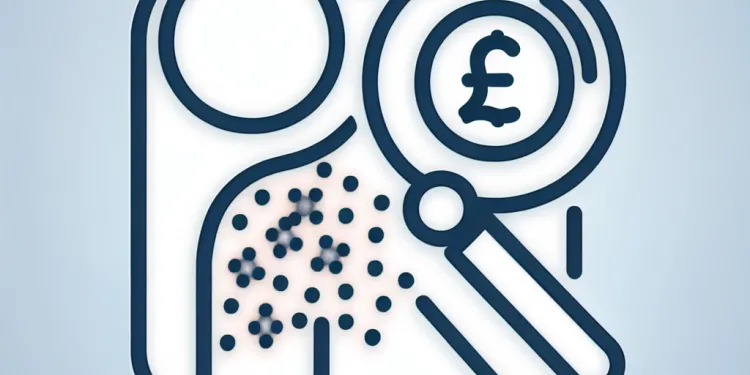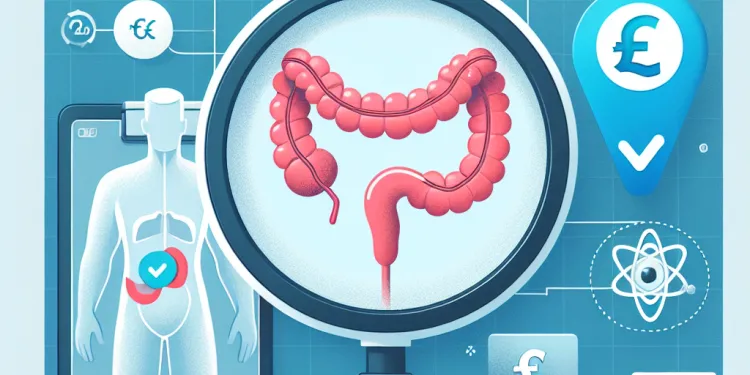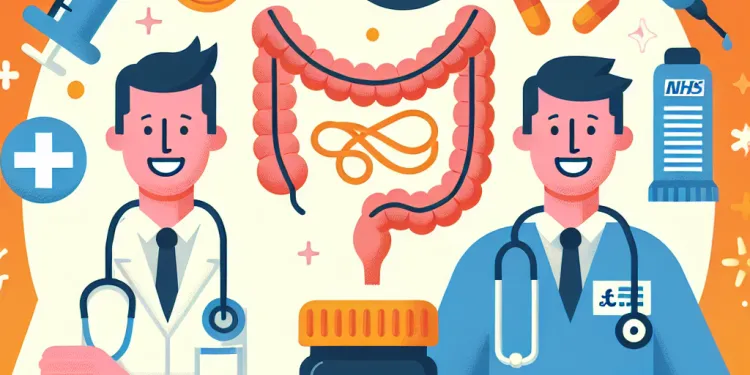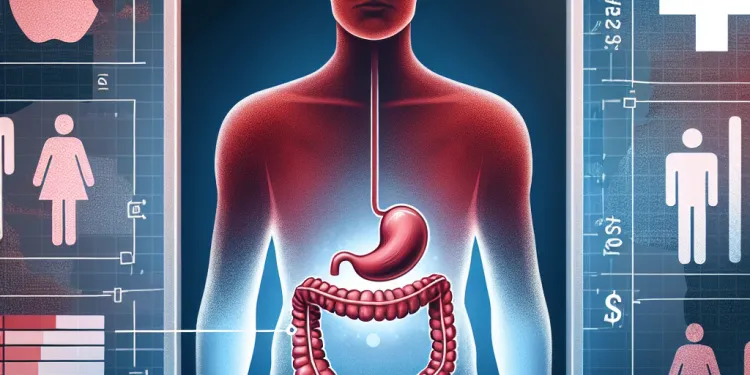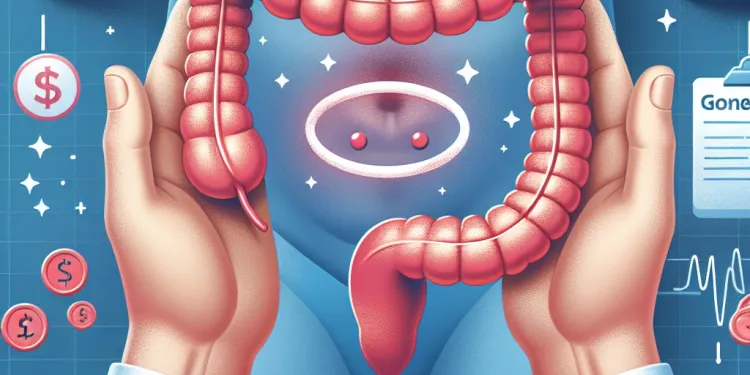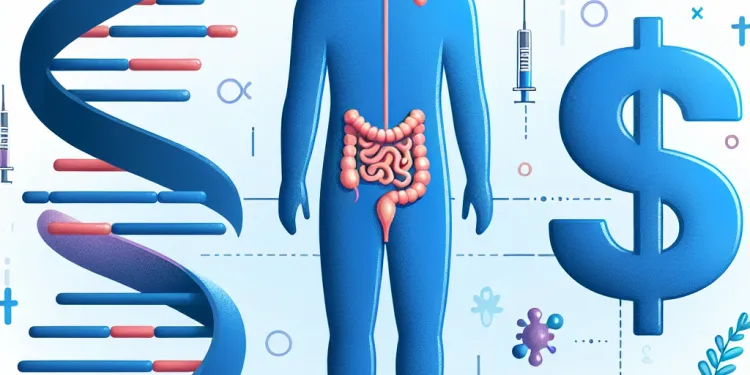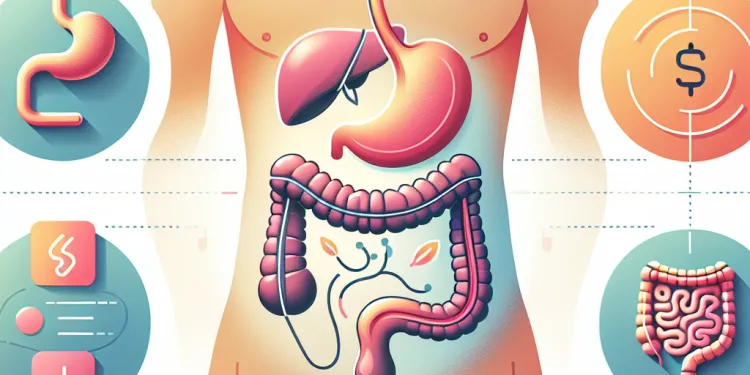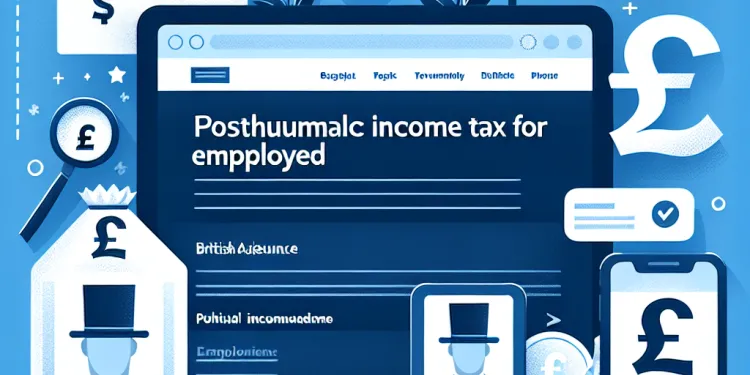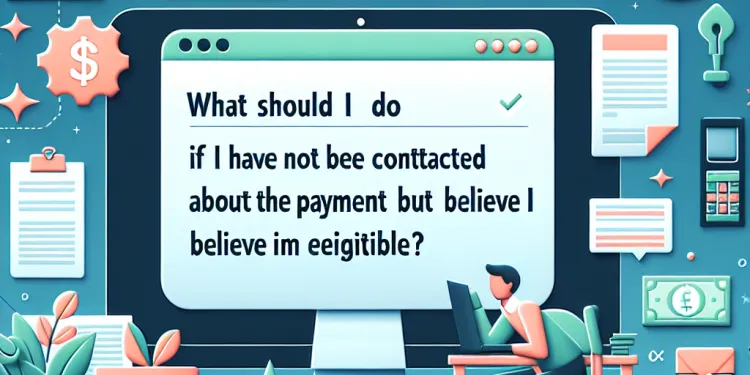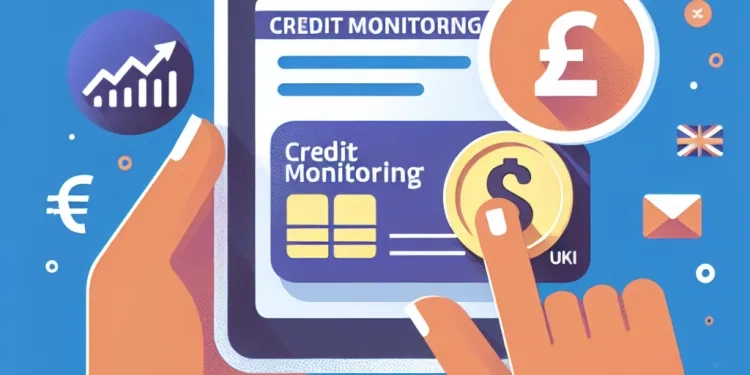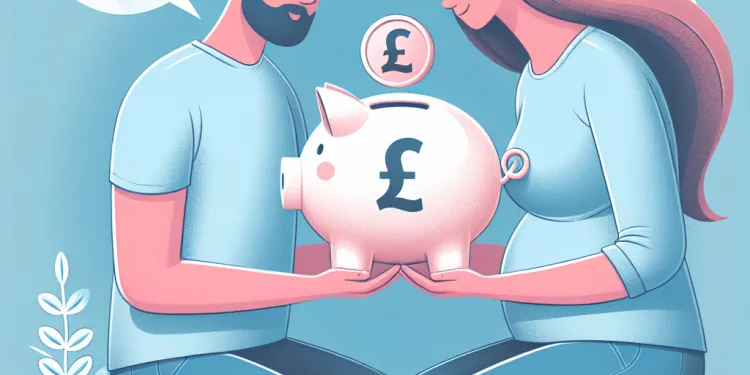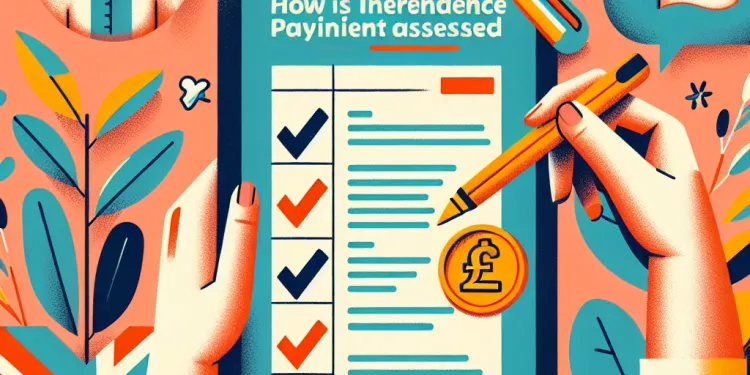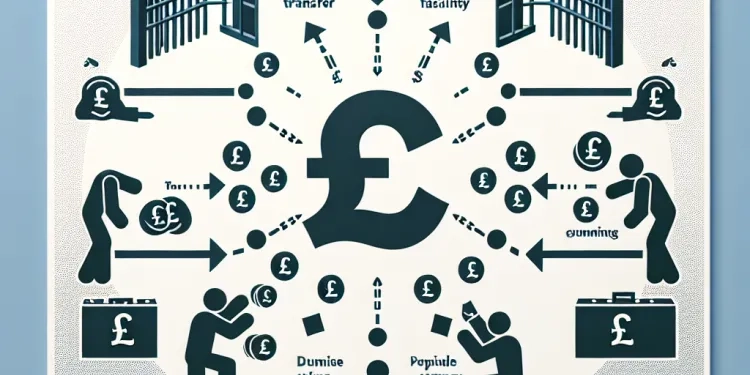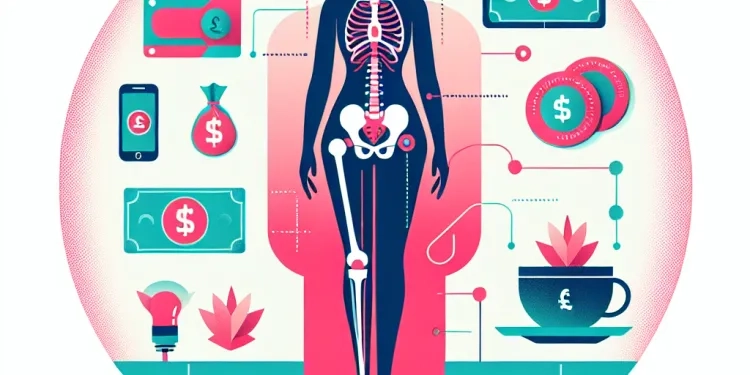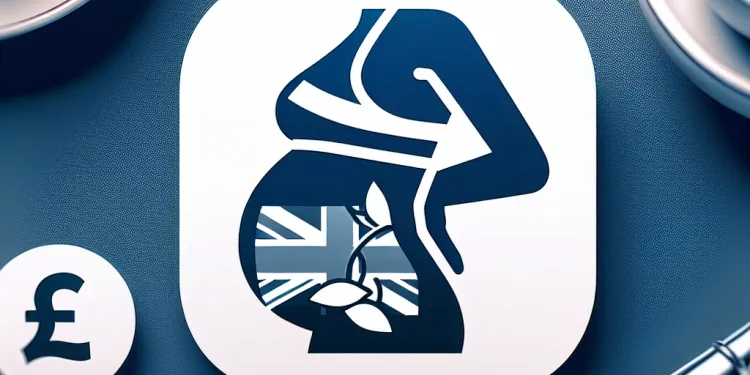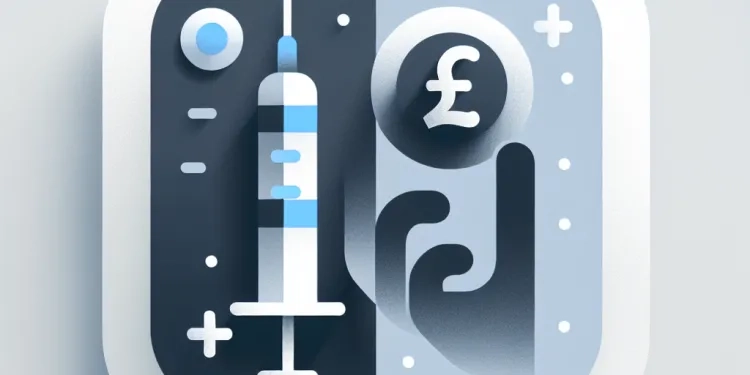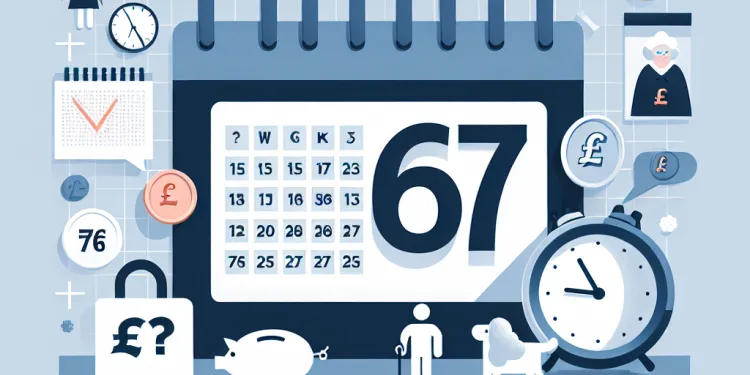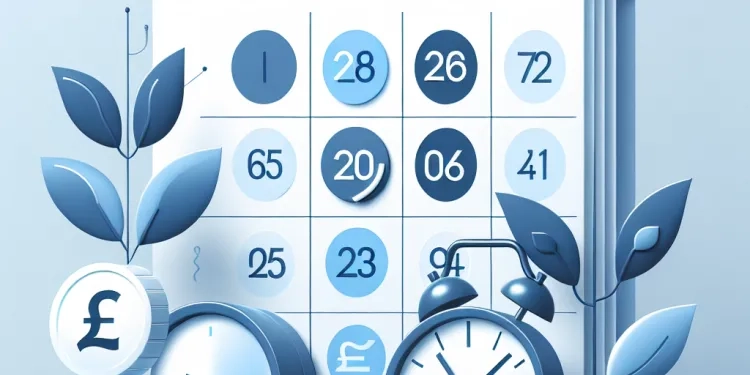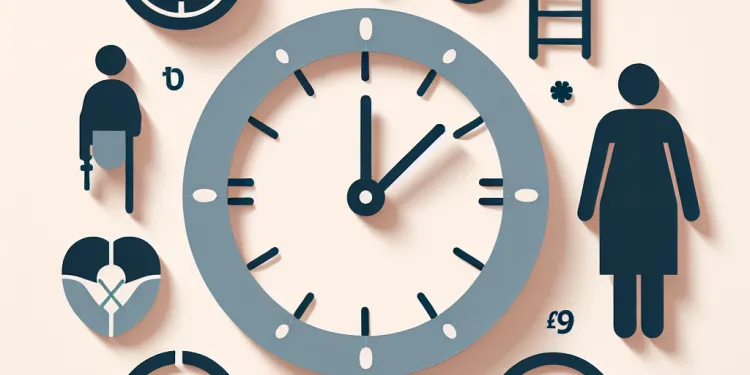
Find A Professional
More Items From Ergsy search
-
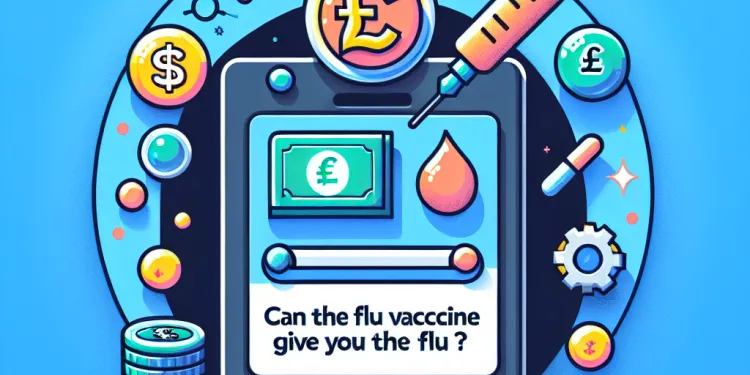
Can the flu vaccine give me the flu?
Relevance: 100%
-

How effective is the flu vaccine?
Relevance: 99%
-
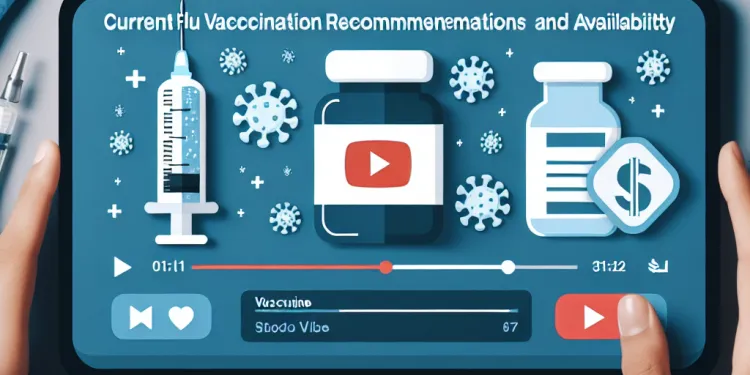
Current Flu Vaccination Recommendations and Availability
Relevance: 95%
-

When is the best time to get the flu vaccine?
Relevance: 92%
-
Does the flu vaccine protect against COVID-19?
Relevance: 91%
-

Can pregnant women get the flu vaccine?
Relevance: 89%
-

How long does it take for the flu vaccine to become effective?
Relevance: 85%
-

Who should get the flu vaccine in the UK?
Relevance: 82%
-

Is the flu vaccine free for everyone in the UK?
Relevance: 81%
-

What if I'm not eligible for a free flu vaccine, can I still get vaccinated?
Relevance: 79%
-

Can children receive the flu vaccine as a nasal spray?
Relevance: 76%
-
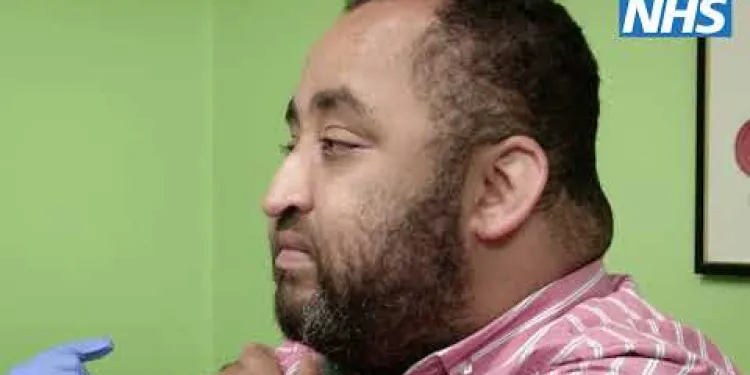
Flu vaccinations for people with a learning disability
Relevance: 74%
-

Where can I get the flu vaccine?
Relevance: 70%
-

What if I have an egg allergy, can I still get the flu vaccine?
Relevance: 68%
-

How do I book an appointment for the flu vaccine?
Relevance: 68%
-

Are there any side effects to the flu vaccine?
Relevance: 60%
-

Children's Vaccination Schedule
Relevance: 52%
-

How does vaccination affect measles rates?
Relevance: 51%
-
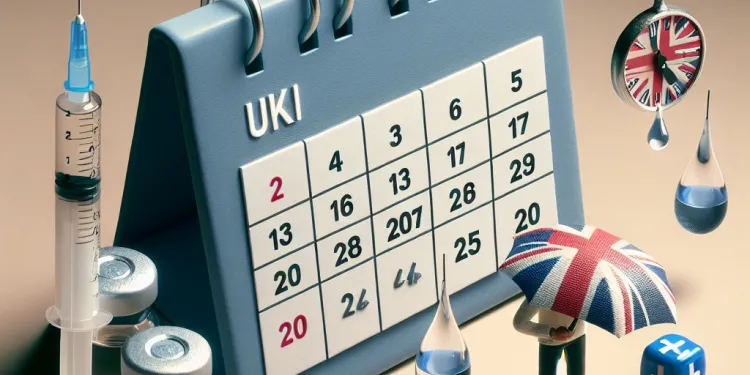
If I had the flu vaccine last year, do I need to get it again this year?
Relevance: 48%
-

Understanding Seasonal Flu: Prevention and Treatment
Relevance: 48%
-

Do I need any vaccine injections for EU countries?
Relevance: 47%
-

Flu can be fatal
Relevance: 47%
-

Surge in HPV Vaccination Rates Among Young Women in the UK
Relevance: 46%
-

Can adults receive the MMR vaccine?
Relevance: 46%
-

Are vaccines linked to autism?
Relevance: 44%
-

Just the flu? | NHS
Relevance: 44%
-
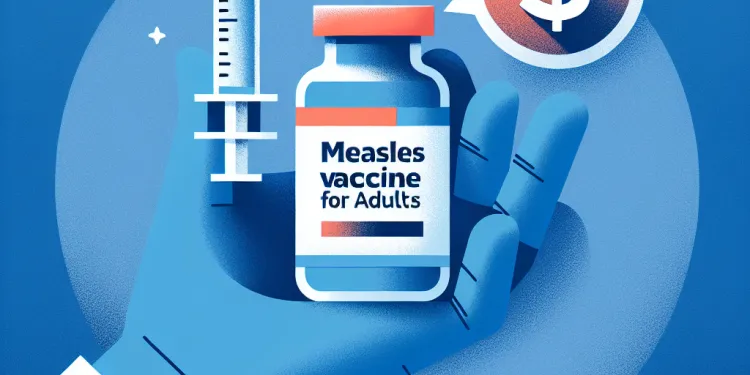
Can the measles vaccine be given to adults?
Relevance: 43%
-

How effective is the MMR vaccine?
Relevance: 43%
-

Latest Advice on Managing Respiratory Illnesses During Flu Season
Relevance: 42%
-

Do vaccines work against new COVID-19 variants?
Relevance: 42%
-

Symptoms of flu (influenza)
Relevance: 39%
-

What is the year 8 HPV vaccine? | NHS
Relevance: 39%
-
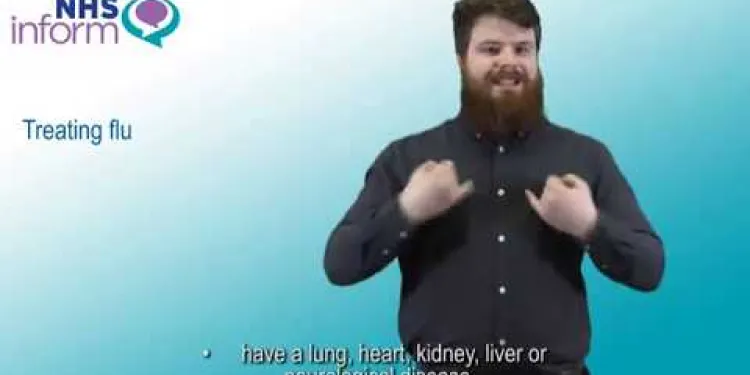
Treating flu (influenza)
Relevance: 37%
-
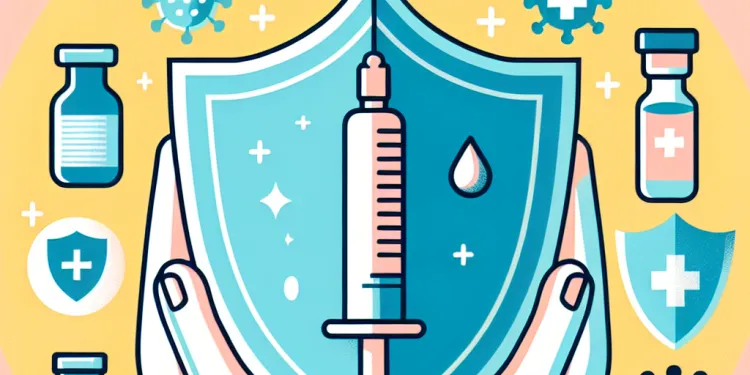
Who should receive the MMR vaccine?
Relevance: 37%
-

At what age is the MMR vaccine given in the UK?
Relevance: 37%
-

Is it necessary to get a measles vaccine before travelling?
Relevance: 36%
-

Why is measles less common in the UK?
Relevance: 32%
-

Why are measles outbreaks still occurring?
Relevance: 32%
-

Heart Failure : Treatment and monitoring of fluid retention
Relevance: 31%
-

What is the current measles vaccination coverage in the UK?
Relevance: 30%
Introduction
Flu season is an annual challenge that affects millions of people worldwide. In the UK, getting vaccinated against the flu is an important preventative measure to protect oneself and others from the virus. Understanding when to get the flu vaccine is critical for maximizing its effectiveness and ensuring optimal protection throughout the flu season.
Why Timing Matters
The flu vaccine is designed to protect against the most common strains of the flu virus circulating each year. Its effectiveness can diminish over time, so timing your vaccination is crucial. The vaccine needs approximately two weeks to generate sufficient antibodies to provide protection, so getting vaccinated before the flu starts spreading is essential.
Optimal Time for Vaccination
The best time to receive the flu vaccine in the UK is during the autumn months, typically from late September to early November. This timing allows your body to build up immunity before the peak flu season, which usually occurs in December through March. By getting vaccinated during this window, you ensure that your immunity is strongest when the flu virus is most prevalent.
Considerations for Specific Groups
Certain groups are at higher risk from flu and should be especially mindful of when to get vaccinated. These groups include older adults over 65, pregnant women, children under five, and individuals with chronic health conditions. For these groups, it is important to consult healthcare providers early in the flu season to schedule the vaccination promptly.
Benefits of Early Vaccination
Getting vaccinated early in the season has several advantages. It reduces the risk of flu transmission in the community, provides personal protection throughout the flu season duration, and ensures that vulnerable populations are safeguarded from potential complications of flu. Early vaccination also helps alleviate the strain on healthcare services by reducing the number of severe flu cases requiring medical attention.
Accessing the Flu Vaccine
The flu vaccine is widely available through NHS services in the UK. Many GP practices, pharmacies, and community clinics offer the flu vaccine, often free of charge for high-risk groups. Individuals are encouraged to book an appointment or seek advice from their healthcare provider about the best time to receive their flu vaccination.
Conclusion
In conclusion, the optimal window to receive the flu vaccine in the UK is between late September and early November. This timing ensures maximum protection throughout the peak flu season. By getting vaccinated early, individuals contribute to public health efforts, protect themselves and others, and minimize the potential impact of the flu virus. Staying informed and proactive about vaccination timing is key to navigating flu season effectively.
Introduction
The flu comes every year and makes many people sick. In the UK, getting a flu shot helps you and others stay healthy. Knowing when to get the flu shot is important so it works best and keeps you safe during flu season.
Why Timing Matters
The flu shot protects you from the most common types of flu each year. The protection gets weaker over time. That's why getting the shot at the right time is important. It takes about two weeks for the shot to start working, so getting it before flu season starts is best.
Optimal Time for Vaccination
The best time to get the flu shot in the UK is in autumn, from late September to early November. This gives your body time to be ready before flu season hits its peak, usually from December to March. Getting the shot during this time helps keep you safe when the flu is around the most.
Considerations for Specific Groups
Some people need to be extra careful about getting the flu shot. These include people over 65, pregnant women, young children under five, and people with ongoing health problems. These people should talk to their doctor early in the flu season to get the shot as soon as possible.
Benefits of Early Vaccination
Getting the flu shot early has many good things. It stops the flu from spreading in your community, keeps you safe during flu season, and protects people who might get very sick from the flu. It also helps doctors and nurses by having fewer very sick people to take care of.
Accessing the Flu Vaccine
You can get the flu shot from the NHS in the UK. Many doctors, pharmacies, and community clinics have the shot, and it's often free for people at high risk. It's good to make an appointment or ask your doctor when to get your flu shot.
Conclusion
In the UK, the best time to get the flu shot is between late September and early November. This keeps you protected during the worst of flu season. By getting the shot early, you help keep everyone healthy and reduce the flu's effects. Knowing when to get vaccinated is important for staying healthy during flu season.
Frequently Asked Questions
When is the best time to get the flu vaccine?
The best time to get the flu vaccine is in early fall, ideally before the end of October.
Why should I get the flu vaccine before the end of October?
Getting the flu vaccine before the end of October helps ensure you're protected before flu season starts, as it takes about two weeks for the vaccine to become fully effective.
Can I get the flu vaccine after October?
Yes, you can get the flu vaccine after October. Vaccination should continue to be offered as long as flu viruses are circulating, typically through January or later.
Why is it important to get vaccinated against the flu?
Getting vaccinated helps protect you from getting the flu and can reduce the severity if you do get infected. It also helps protect vulnerable populations like young children and the elderly.
Is it too late to get the flu vaccine in December?
It's not too late to get the flu vaccine in December, as flu activity often peaks in January or later.
How long does the flu vaccine provide protection?
The flu vaccine provides protection for the entire flu season, though its effectiveness may decrease over time.
Does the timing of the flu vaccine affect its effectiveness?
Yes, getting the vaccine too early might result in reduced protection later in the flu season, but getting it too late could mean you’re unprotected when the virus starts circulating.
How long does it take for the flu vaccine to become effective?
It takes about two weeks for the flu vaccine to become fully effective after receiving it.
Can I get vaccinated for the flu and COVID-19 at the same time?
Yes, it is safe to receive both the flu and COVID-19 vaccines during the same visit.
Should I get the flu vaccine every year?
Yes, you should get a flu vaccine every season because flu viruses evolve quickly, and the vaccine is updated annually.
Do children have a different vaccination schedule for the flu?
Children aged 6 months through 8 years may need two doses of the flu vaccine, given at least four weeks apart, if they are getting vaccinated for the first time.
What types of flu vaccines are available?
There are several types of flu vaccines available, including standard-dose, high-dose for seniors, adjuvanted, and live attenuated nasal spray.
Who should not get the flu vaccine?
People with severe allergies to the flu vaccine or its ingredients, including egg proteins, or those with a history of Guillain-Barré Syndrome, should consult a doctor before getting the flu vaccine.
Is the flu vaccine effective against all strains of the flu?
The flu vaccine protects against the most common strains of the virus expected each season, but it may not cover all strains.
What are common side effects of the flu vaccine?
Common side effects may include soreness at the injection site, low-grade fever, and muscle aches.
Can the flu vaccine give me the flu?
No, the flu vaccine cannot cause the flu. The injected vaccine contains inactivated (killed) viruses, and the nasal spray contains weakened viruses.
Is there anyone who should get a specific type of flu vaccine?
People over 65 may benefit from high-dose or adjuvanted flu vaccines, which are designed to provide better protection for seniors.
What should I do if I miss getting vaccinated in the fall?
If you miss getting vaccinated in the fall, try to get your flu shot as soon as possible during the flu season.
Are there specific recommendations for pregnant women regarding the flu vaccine?
Pregnant women are strongly recommended to get the flu shot during any trimester of pregnancy for protection against the flu.
How does the government decide which flu strains to include in the vaccine each year?
The strains included in the flu vaccine are based on research and predictions by health experts and organizations like the WHO, focusing on the strains most likely to spread and cause illness.
When should you get the flu shot?
The best time to get your flu shot is in the autumn. This is because flu outbreaks often happen in the winter. Getting the shot in the autumn helps keep you safe when the flu is most common.
A good tool to remember is a calendar. Mark a date in the autumn to remind you to get your flu shot. This can be September or October. Ask a family member or a friend to help remind you too!
The best time to get the flu shot is in early fall. Try to get it before October ends.
Why get the flu shot before October ends?
Get the flu shot before October ends because:
- It helps keep you healthy.
- It stops you from catching the flu.
- It protects your family and friends from getting sick too.
- It works best before flu season starts.
If reading is hard, ask someone to read this to you or use a computer program to help you understand.
Try to get your flu shot before the end of October. This helps make sure you are protected before flu season starts. It takes about two weeks for the shot to work fully.
Can I get the flu shot after October?
Yes, you can get the flu shot after October. It is good to get the vaccine while the flu is around, usually until January or even later.
Why should you get a flu shot?
Getting a flu shot helps keep you healthy. It stops you from getting very sick with the flu.
The flu shot also helps protect your family and friends from getting sick.
Ask a grown-up if you need help or have more questions about the flu shot.
Getting a flu shot can help keep you from getting sick. If you do catch the flu, the shot can make it less bad. It also helps keep other people safe, like little kids and older people.
Can I get a flu shot in December?
Yes, you can still get a flu shot in December. It is not too late.
Here are some tips to help:
- Ask a doctor or nurse to help you.
- Use pictures and videos to learn about the flu shot.
It’s okay to get your flu shot in December. The flu usually gets bad in January or later.
How long does the flu shot work?
The flu shot helps keep you safe from getting the flu. But it does not last forever.
The flu shot works for one year. It's a good idea to get a new flu shot every year to stay healthy.
Here are some tips to help understand:
- Ask an adult to explain if you need help.
- Use pictures to learn how the flu shot works.
- Watch videos about the flu shot to see how it helps.
The flu vaccine helps you stay safe from the flu during the whole flu season. But, it might work a bit less well as time goes on.
Does the time you get the flu shot change how well it works?
It is important to get a flu shot to stay healthy. But when is the best time to get it?
Here are some tips:
- Get the flu shot before the flu season starts, usually in the fall.
- Ask your doctor or nurse when is best for you.
Use tools like a calendar to remind you. You can also ask a friend or family member to help you remember.
It is important to get your flu shot at the right time. Getting it too early might mean it does not work as well later. Getting it too late means you might get sick. Ask your doctor when the best time is for you to get the shot. Draw a calendar to help remember.
When does the flu shot start to work?
The flu shot starts to work after 2 weeks.
Here are some tips to remember:
- Get your flu shot early before flu season starts.
- Ask someone to remind you when it is 2 weeks after your shot.
- Tell a friend or a family member about getting your flu shot.
The flu shot starts working about two weeks after you get it.
Can I get the flu shot and COVID-19 shot together?
Yes, you can get both the flu shot and the COVID-19 shot on the same day.
If you have questions, ask your doctor or nurse. They can help you feel better about getting the shots.
You can write down what you want to ask or bring a friend to help you remember.
Yes, it is safe to get the flu shot and the COVID-19 shot at the same time.
Do I need the flu shot every year?
It can be good to get a flu shot each year. The flu shot helps protect you from getting sick with the flu.
Every year, the flu can change. Getting the shot every year keeps you safe from new kinds of flu.
Talk to a doctor or nurse to help you decide. They know a lot about flu shots.
You can also ask someone you trust to help you understand.
Yes, you should get a flu shot every year. The flu virus changes a lot, so the vaccine gets updated each year to protect you better.
Do kids get flu shots at different times than grown-ups?
Kids might need flu shots at different times or more shots than adults. Check with the doctor to know what is best for your child.
Use pictures, charts, or ask a nurse or doctor to explain with simple words. This can help make it easier to understand.
If your child is between 6 months and 8 years old and is getting the flu shot for the first time, they might need two shots. These shots should be given four weeks apart.
What types of flu shots can you get?
There are different kinds of flu shots you can have to protect yourself from the flu.
Here are some types:
- Shot in the arm: This is the most common flu shot. A doctor or nurse uses a needle to give it to you in your arm.
- Nose spray: Some people can get a flu vaccine that is sprayed into the nose instead of using a needle.
If you have trouble reading, here are some tools that might help:
- Read aloud: Ask someone to read the information out loud to you.
- Highlight text: Use a highlighter to mark important words.
- Use pictures: Look at pictures that might help explain the information.
- Ask questions: If you don’t understand, ask someone to explain it to you.
There are different kinds of flu shots that help protect you from the flu. Here are some:
- Regular flu shot: This is what most people get.
- Stronger flu shot: This one is for older people.
- Special flu shot: It has extra stuff to help it work better.
- Nose spray: This is a spray that goes in your nose instead of a shot.
Who should not get the flu vaccine?
The flu vaccine is not for everyone. Some people should not get it:
- Babies under 6 months old: They are too young for the flu shot.
- People with allergies: If you are allergic to eggs or any part of the vaccine, ask your doctor.
- People who are very sick: If you are feeling really sick, wait until you feel better.
Talk to a doctor or nurse if you are not sure.
Some tools that can help you:
- Visual aids: Pictures or diagrams can help show who should not get the vaccine.
- Audio support: Listening to information might be easier than reading.
- Helpers: Ask someone you trust to help explain this to you.
If you have really bad allergies to the flu shot or what it is made from, like eggs, or if you have had Guillain-Barré Syndrome before, talk to your doctor before getting the flu shot.
Does the flu shot work for all types of the flu?
The flu shot helps protect you from the flu. But, it might not work for every type of the flu. There are many kinds of flu, and the flu shot is made to fight the most common ones.
If you want to learn more or need help, you can:
- Talk to a doctor or nurse.
- Use a picture chart to understand better.
- Get help from someone you trust when reading about the flu.
The flu shot helps protect you from the flu. It works against the types of flu that are most common each year. But it might not stop all types of flu.
What happens after you get the flu shot?
Getting a flu shot can make you feel different for a short time. Here are some things you might feel:
- Your arm might hurt where you got the shot.
- You might feel a little tired.
- You could get a mild fever.
- Your muscles might ache a bit.
These feelings usually go away after a few days. If you feel worried, talk to a grown-up or a doctor.
Some helpful things to do:
- Take a rest if you feel tired.
- Put a cool cloth on your arm if it hurts.
- Drink plenty of water.
Some common side effects are:
- Your arm might feel sore where you got the shot.
- You might have a little fever.
- Your muscles could feel achy.
It's good to have an adult to talk to if you feel unwell. They can help you feel better.
Will the flu shot make me sick with the flu?
No, the flu shot cannot give you the flu. The shot has dead viruses. The nose spray has weak viruses.
Who should get a special flu shot?
Some people need a special flu shot. Talk to your doctor or nurse to know which one is best for you. They can give good advice.
Here are some tools that can help you understand better:
- Ask a friend or family member to read with you.
- Use apps that read text out loud.
- Look up words you do not understand in a simple dictionary.
People who are 65 years old or older can get a special flu shot. This shot is stronger and helps protect them better from the flu.
What can I do if I miss my vaccine in the fall?
If you miss getting your vaccine in the fall, don't worry! Here are some things you can do:
- Call your doctor or nurse. They can help you plan a new time to get your vaccine.
- Visit a local health clinic or pharmacy. They might have vaccines available.
- Ask a family member or friend to help you find a place to get your vaccine.
If reading is hard, you can:
- Ask someone to read this to you.
- Use a tool like a text-to-speech app that reads aloud.
- Highlight important parts or use colors to remember key points.
If you don't get your flu shot in the fall, try to get it as soon as you can during flu season.
What should pregnant women know about the flu vaccine?
Doctors say that women who are going to have a baby should get the flu shot. This shot helps protect them from getting the flu. Women can get the shot at any time when they are pregnant.
How does the government pick the flu germs for the vaccine each year?
Each year, experts look at the flu germs making people sick. They study which germs are spreading fast.
They choose the germs most likely to make people sick next year for the vaccine. This way, the vaccine can best protect people.
If you want to learn more about this, you can use pictures or videos to help understand. Talking to a doctor can help too.
The flu shot is made to protect us from getting sick. Smart doctors and groups like the WHO look at the flu germs each year. They try to guess which germs will be around and could make people sick.
Useful Links
More Videos of Interestdiagnosis
- Ergsy carfully checks the information in the videos we provide here.
- Videos shown by Youtube after a video has completed, have NOT been reviewed by ERGSY.
- To view, click the arrow in centre of video.
- Most of the videos you find here will have subtitles and/or closed captions available.
- You may need to turn these on, and choose your preferred language.
- Go to the video you'd like to watch.
- If closed captions (CC) are available, settings will be visible on the bottom right of the video player.
- To turn on Captions, click settings .
- To turn off Captions, click settings again.












